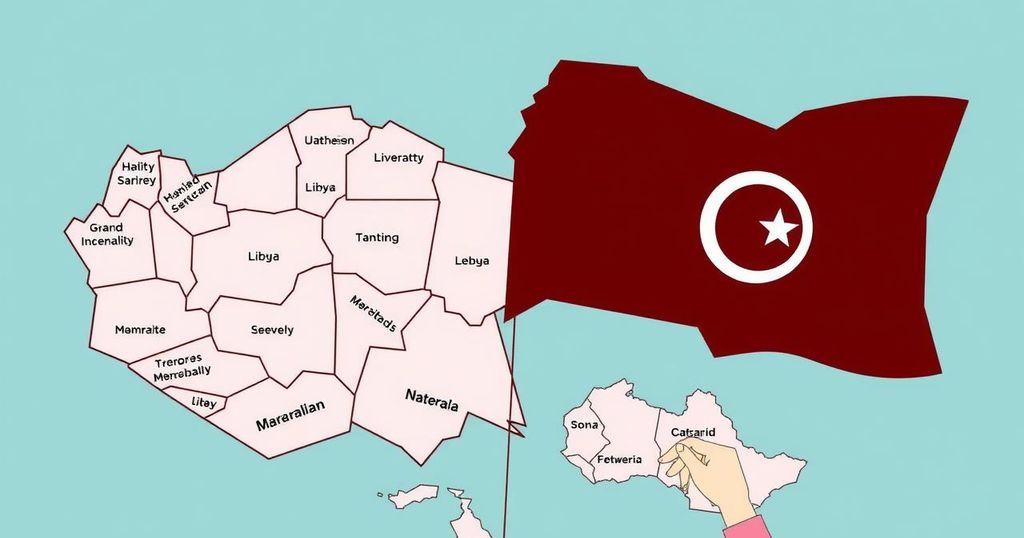UN Unveils Comprehensive Plan for Libya: Elections and Unification Strategies

The United Nations has introduced a plan to help Libya organize elections, unify competing governments, and reform its institutions, as presented by UN envoy Stephanie Koury. The initiative aims to resolve the ongoing political stalemate and restore legitimacy to expired institutions, but the timeline for elections remains unclear after previous delays. External interference and economic challenges hinder progress, yet there is potential for Libya to achieve stability and prosperity.
The United Nations has unveiled a comprehensive plan aimed at facilitating the organization of elections in Libya, as well as unifying the nation’s disparate governments and reforming its institutions. This initiative was presented by UN envoy to Libya, Stephanie Koury, during a Security Council session. Libya, which has been fragmented since the 2011 uprising against dictator Moamer Kadhafi, currently experiences a rift between a UN-recognized government in Tripoli and a rival administration in the east led by military figure Khalifa Haftar.
Koury emphasized that the UN’s initiative seeks to end the ongoing political deadlock and restore legitimacy to Libya’s institutions, many of which are long overdue for renewal. A new advisory committee will be established by the United Nations Support Mission in Libya (UNSMIL) to address electoral challenges and lay the groundwork for national elections. However, the timeline for these elections remains unspecified.
While there was a previous agreement that outlined plans for parliamentary and presidential elections in December 2021, those plans were stalled due to disputes over the legal framework necessary for the elections. Since the ceasefire that concluded the civil conflict, only localized elections have occurred, and the pursuit of a national democratic process is yet to materialize. Koury remarked on the external pressures Libya faced, which included economic challenges and foreign interference, yet she maintains that Libya possesses the potential to transform into a model of stability and prosperity in the Mediterranean region.
In aiming for a cohesive future, the UN proposes facilitating dialogue among Libyan factions to craft a unified national vision that can steer the country towards recovery and democracy. These efforts represent a crucial step in Libya’s ongoing quest for peace and political cohesion.
The situation in Libya has been precarious since the 2011 NATO-backed uprising that ousted longstanding leader Moamer Kadhafi, leading to years of conflict and division. Currently, the country is characterized by the existence of two rival governments: one recognized by the UN based in Tripoli and another faction located in the eastern part of the country, both embroiled in political stalemates. The United Nations, through the UNSMIL, has been actively working to mediate and facilitate a pathway towards stabilized governance and democratic elections, which have been persistently postponed due to governance disputes. The necessity for a comprehensive plan to unify the country’s conflicting parties and institutions is thus paramount to restore order and foster a political resolution that resonates with the Libyan populace.
In summary, the UN has embarked on a vital mission to assist Libya in overcoming its political challenges and re-establishing a functioning democratic framework through the proposed elections. Although significant obstacles remain regarding the timeline and legal parameters for these elections, the UN’s initiative signifies a proactive approach towards fostering stability and national unity. The aspirations voiced by the UN reflect a hopeful outlook for Libya, urging all relevant parties to collaborate towards a harmonious political future.
Original Source: www.france24.com








